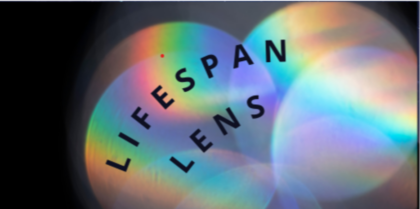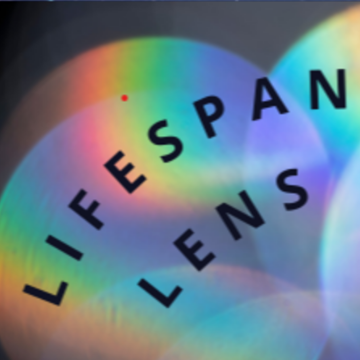|
Welcome to the Practice of Story
“I now see how owning our story and loving ourselves through that process
is the bravest thing that we will ever do.”
Brené Brown
Every month, All Peoples makes materials available to facilitate exploring a theological theme. Our January theme asks us to explore STORY.
Stories are much more than what lies between the covers of a book, something that can be easily kept on a shelf, taken down and put back up as we see fit. Stories are more meaningful than that. And more powerful. This is especially true of the stories we tell about ourselves.
Who of us hasn’t felt controlled by a story? Stuck in a story? Hopeless about the way our story will end up? Simply put, our stories often write us as much as we write them.
For instance, the author Rachel Naomi Remen talks about how her family clings to the childhood story of her being the clumsy one of the family. Ask her adult friends and colleagues and they will describe her as graceful. They’ve never once seen her trip over her own feet or drop something. And yet, somehow, when Rachel goes back to her parents’ house or attends a family reunion, she spills coffee on at least one outfit, stubs more than one toe and trips on more steps than she can count. By trying so hard to escape her family’s narrative about clumsy little Rachel, she inevitably slips into it anew. Talk about the power of story!
That power plays out on a social level as well. Just think about our cultural struggles with economic or racial justice. The unconscionable income gap is often described as “natural” or “the result of complex global dynamics over which we have little control.” Similarly, the story of race in our country is too often told as an “entrenched” story or minimized with a story about “how far we have come.” The aim of all these cultural narratives is the same: to undermine action, and worse, to undermine our belief that things can change.
Which is why it’s so important to remember that the ability to tell a new story has been at the center of our faith from the beginning. We rarely think of our Unitarian Universalist (UU) history this way, but one of the beliefs that gave birth to our religion was the belief that human beings are authors of their stories, not passive characters in them.
It all goes back to that old theological debate for which our UU forebearers gave their lives. All around them people were saying that God had control of not just the big story of humanity, but our individual stories too. Supposedly, the argument went, some of us were slotted for heaven and others for hell. And God had written this list of sinners and saints in ink before the beginning of time. So there was nothing any of us could do about it.
Our spiritual ancestors argued for a different way of seeing things, a different story. “Forget this extreme fate-driven story,” they said. “Freedom has a much bigger role than you’ve been told. God is not so much the all-controlling author of the world’s story as she is the magical muse that lovingly lures us to make our narratives our own.” Shakespeare said, “All the world’s a stage.” Our spiritual ancestors basically said the same thing but with a friendly amendment added. And it went something like this: “All the world is an improv performance! Our job is to hop on the stage, pick up the storyline handed to us, and then put our own stamp on it!”
The tension between fate and freedom leaves us with questions like: Are you an actor conforming to the scripts of others? Or have you found your way to becoming the director and screenwriter of your life? How are you struggling right now to regain control of your storyline? How are you and your friends working to regain control of the storyline of your community, and our country?
Let’s explore together! Click HERE to access a list of reflection questions. |


